Visa policy of Nauru
Visitors to Nauru must obtain a visa unless they come from one of the countries eligible for free visa on arrival. All visitors must hold a passport valid for 3 months. Transit visas are not required if the connecting flight leaves within three hours of arrival in Nauru. Business visitors must have a local sponsor.[1]
Nauru signed a mutual visa waiver agreement with Russia on 24 September 2014 and entered into force on 14 May 2015.[2]
Visa map

Visa on arrival
Nationals of the following 16 countries may obtain a free visa on arrival:[3]
Simplified visa procedure
Nationals of the following 66 countries are issued visas under a simplified procedure. Unlike other visitors, they do not have to submit a criminal record certificate and a certificate of medical fitness together with visa application.[6]
 European Union citizens[7]
European Union citizens[7]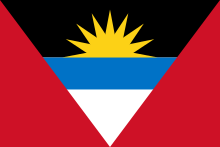 Antigua and Barbuda
Antigua and Barbuda Australia
Australia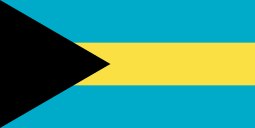 Bahamas
Bahamas Bangladesh
Bangladesh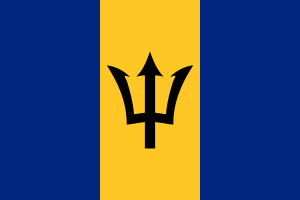 Barbados
Barbados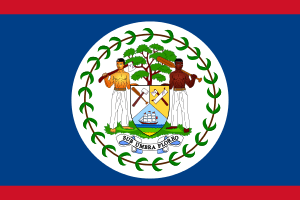 Belize
Belize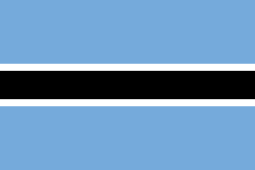 Botswana
Botswana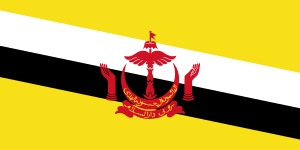 Brunei
Brunei Canada
Canada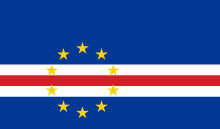 Cape Verde
Cape Verde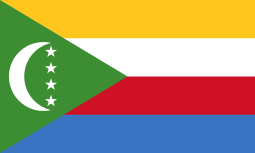 Comoros
Comoros Cuba
Cuba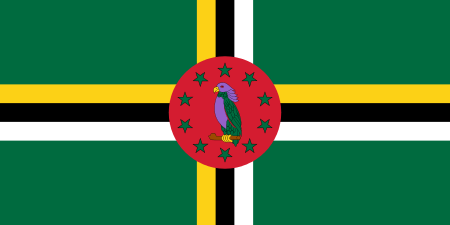 Dominica
Dominica Dominican Republic
Dominican Republic Ghana
Ghana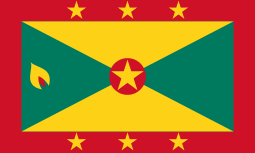 Grenada
Grenada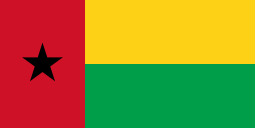 Guinea Bissau
Guinea Bissau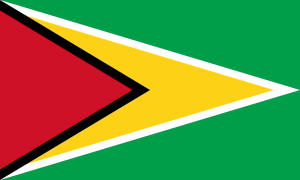 Guyana
Guyana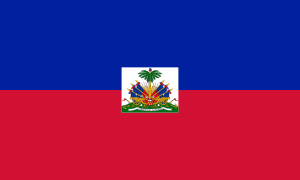 Haiti
Haiti Iceland
Iceland India
India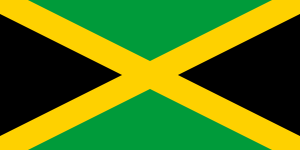 Jamaica
Jamaica Japan
Japan Kenya
Kenya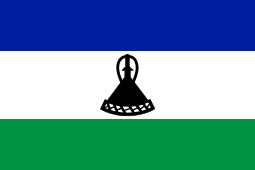 Lesotho
Lesotho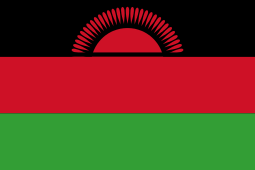 Malawi
Malawi Malaysia
Malaysia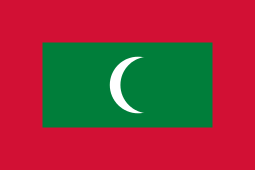 Maldives
Maldives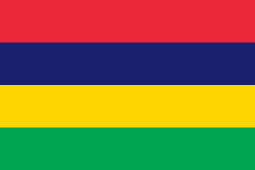 Mauritius
Mauritius New Zealand
New Zealand Norway
Norway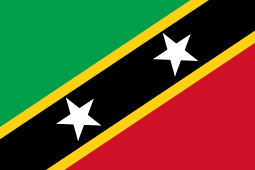 Saint Kitts and Nevis
Saint Kitts and Nevis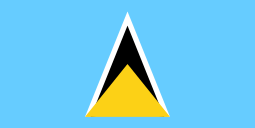 Saint Lucia
Saint Lucia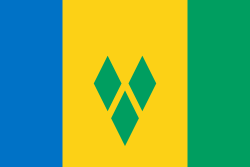 Saint Vincent and the Grenadines
Saint Vincent and the Grenadines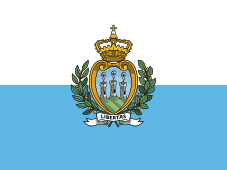 San Marino
San Marino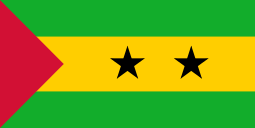 Sao Tome and Principe
Sao Tome and Principe South Korea
South Korea Switzerland
Switzerland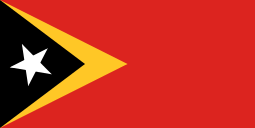 Timor-Leste
Timor-Leste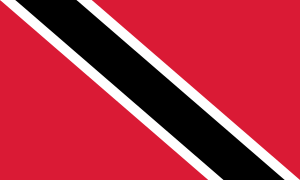 Trinidad and Tobago
Trinidad and Tobago
Journalist visas
In early 2014 it was decided that journalists reporting on Nauru detention centre will be charged $8000 for a three-month visa.[8]
See also
References
- ↑ Nauru
- ↑
- ↑
- ↑ Considered as visa exemption by the Government of Israel
- ↑ Considered as visa exemption by the Government of Russia as it is based on a mutual visa waiver agreement.
- ↑ Immigration Regulations 2014 SL No. 2 of 2014
- ↑ Except Croatia and the United Kingdom.
- ↑ Nauru to charge Australians $8000 to report on asylum seekers